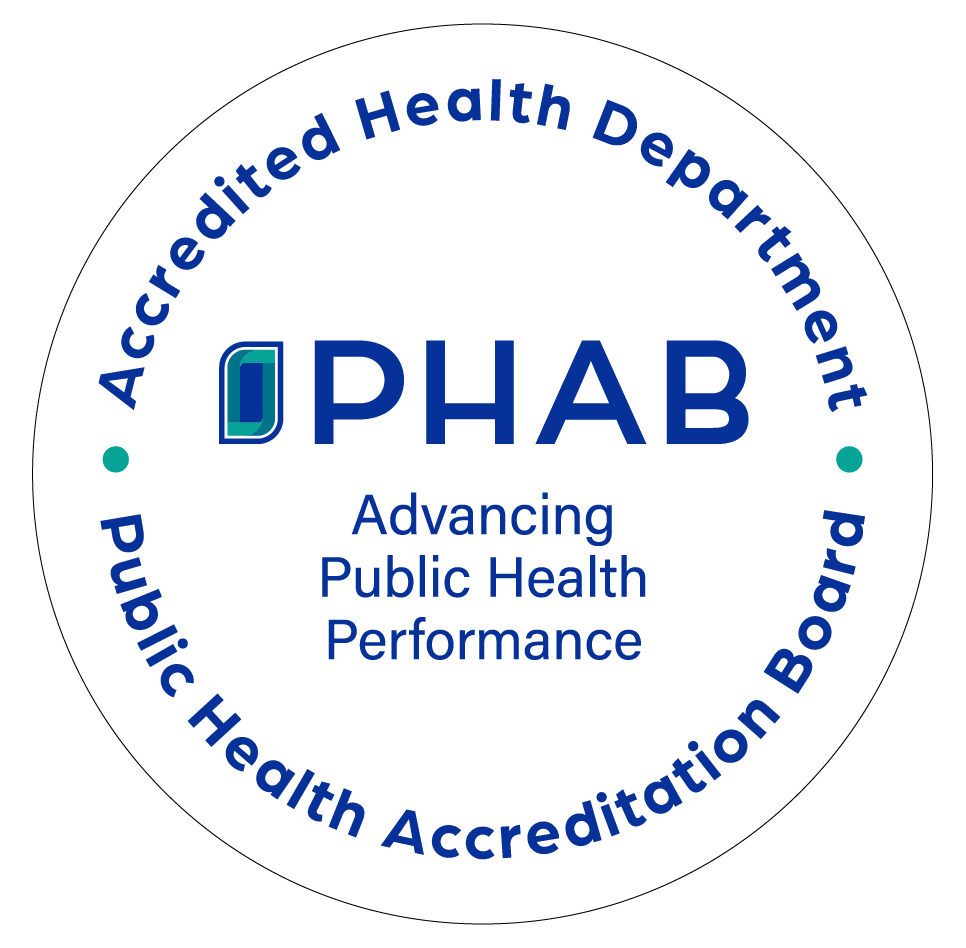There are many communities throughout the state that lack access to healthy, affordable food. Many under-served, low- income, and rural communities have limited access to grocery stores. Many communities of color and low-income communities have low access to grocery stores. DNPA seeks to address this barrier through a variety of initiatives to improve food systems within Hoosier communities and around the state.
Connecting to Resources
The DNPA has worked closely with the City of Indianapolis, and Indy Hunger Network to create Community Compass, an interactive smartphone app and website designed to connect individuals with food resources in their area. The app is available on all smartphones by searching for “Community Compass” in the respective store and covers the entire state. Contact the DNPA Community Food Systems Manager, Cori Chatterton, for more information.
Additional Connections to Resources
- Community Compass – Interactive online tool to help locate free meals, free groceries, WIC retailers and clinics, SNAP retailers, and more. You can also download the app on all smartphones.
- Indiana 211 – 2-1-1 is a free and confidential service that helps Hoosiers across Indiana find the local resources they need.
- Indy Hunger Network – The goal of the Indy Hunger Network (IHN) is to create a system that ensures anyone who is hungry can access the nutritious food they need.
Increasing Access to Farmers Markets
Why Are Farmers Markets Important? (From Farmers Market Coalition)
- Increase access to fresh nutritious food
- Preserve rural livelihoods and farmland
- Stimulate local economies
- Support healthy communities
- Promote sustainability
In Indiana, the Division of Nutrition and Physical Activity is working to increase access to local farmers markets. We provide technical assistance to farmers markets that would like to accept SNAP, and we work with community organizations on outreach strategies to connect individuals to their local markets.
If your market would like to accept SNAP, please visit the Community Food Systems page for more information and resources.
Resources
Contact
- Shelbi Cummings, SNAP-Ed Director, shcummings@health.in.gov
- Cori Chatterton, Community Foods Systems Manager, cchatterton@health.in.gov

